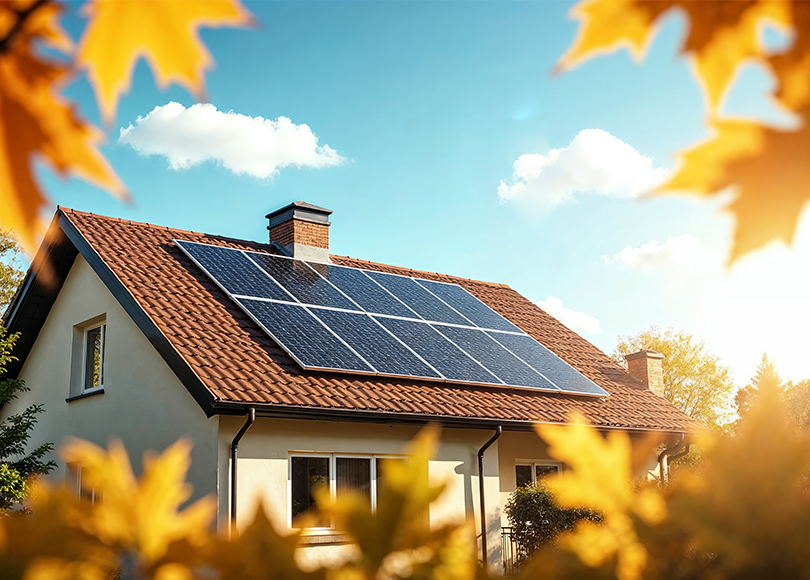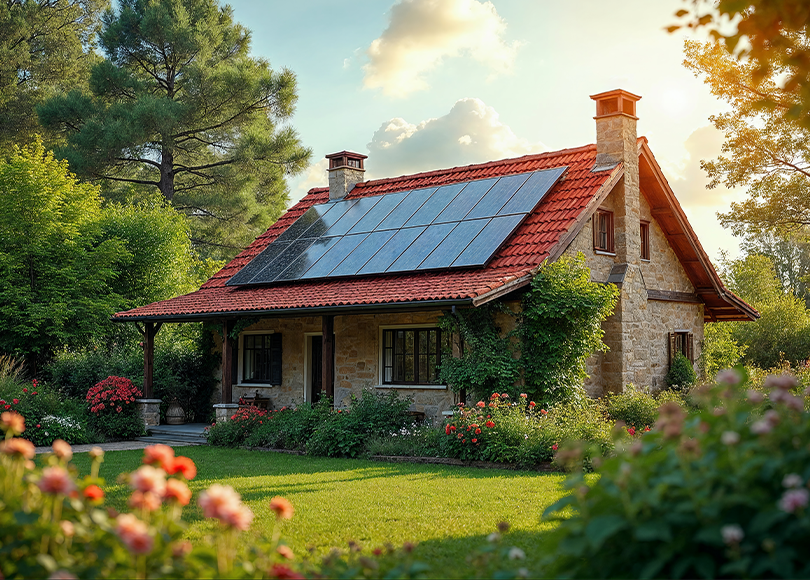

Harnessing 4 years of solar excellence, we deliver unmatched EPC solutions.

Delivering Premium Quality Solar EPC Solutions – Engineered for Excellence.

Championing sustainable energy with a commitment to both the planet and people.


Harnessing 4 years of solar excellence, we deliver unmatched EPC solutions.

Delivering Premium Quality Solar EPC Solutions – Engineered for Excellence.

Championing sustainable energy with a commitment to both the planet and people.



We begin with an in-depth consultation to understand your energy needs and goals. Our team then conducts.

Custom system design and planning typically involves creating tailored solutions to meet specific needs

Assess roof space, tilt, and orientation (for rooftop installations). Evaluate ground space and shading

Effective monitoring and ongoing support are critical for ensuring a solar energy systems optimal

A residential rooftop solar system consists of solar panels installed on the roof of a home, which convert sunlight into electricity. This electricity can be used to power household appliances, and any surplus can be exported to the grid through net metering
Key benefits include significant cost savings on electricity bills, access to clean and renewable energy, reduced dependence on fossil fuels, lower carbon footprint, and eligibility for government subsidies and incentives
Under schemes like the PM Surya Ghar Muft Bijli Yojana, the government offers subsidies ranging from Rs. 30,000 to Rs. 78,000 for residential solar installations, covering up to 40% of the installation cost. Additional state-level subsidies may also be available
With current subsidies and electricity savings, most residential rooftop solar systems in India have a payback period of 4–6 years. After this period, the electricity generated is effectively free for the remaining life of the system (typically 20–25 years)
Rooftop solar systems require minimal maintenance, mainly periodic cleaning of panels and occasional inspections. Most vendors offer free maintenance for the first 5 years, and extended contracts can be negotiated
Solar panels can be installed on both flat and sloped roofs using appropriate mounting structures. However, the area must be largely shadow-free for optimal performance. A feasibility study by the vendor will determine suitability
Net metering allows homeowners to export surplus solar electricity to the grid. The exported units are deducted from the imported units, reducing the electricity bill. Any excess credits at the end of the year may be compensated by the distribution company at a regulated rate
Yes, for net metering, a bidirectional (net) meter is required. This meter records both the electricity imported from the grid and the surplus exported to it. Consumers may need to procure and install this meter as per utility guidelines